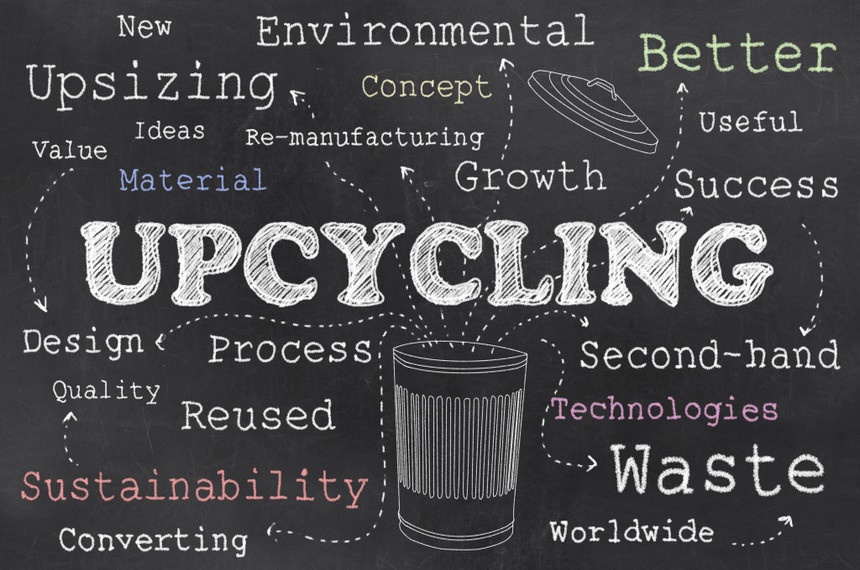
- Blog
- The Circular Economy: A growth in grassroots upcycling social enterprises from a Birmingham perspective
A growth in grassroots upcycling social enterprises from a Birmingham perspective
We live in a world where the natural habitat and the ecosystems which populate the ‘natural’ are inherently circular. These ecosystems, when untouched by man are self-sustaining and self-populating. In stark contrast, the current economic system which the majority of mankind inhabit is linear; whereby man makes, man uses and man disposes; a closed system that offers no feedback. The UK for instance, in 1995 was seen as the ‘dirty man of Europe with just 7% of household waste being recycled or composted and 83% of our household waste going to landfill sites. Thanks to European Union directives, by 2014, the UK’s recycling rate had thankfully risen to 45%.
The UK government has instilled a number of initiatives to further reduce waste and encourage the reuse of particular waste and reduce littering; take the simple carrier bag. In October 2015, the UK Government slapped a 5p charge at the checkout for customers who wished to use a plastic bag. The birth of upcycling in the commercial world.
There is a major surge at grassroots level currently in the UK, of social organisations who are reusing waste and discarded items and recreating completely new items which are then sold on to make a profit. The breadth of organisations in terms of size vary between sole traders to larger organisations with up to 10 employees.
What are the drivers behind this recent surge in upcycling in Birmingham?
The drive appears not to be a response to this EU directive, in the views of the social enterprises we have spoken to. The surge in their eyes is a simple case of social innovation, tastes and current trends. Upcycling is simply a branch of social innovation by social entrepreneurs who have a coincidental care for the environment. Simbi Folarin, an active social entrepreneur who heads up The Glue Collective, told me:
We believe in Birmingham there exists the networks and capacity to reconsider how we use our urban landscape and the resources within it. The time has come to adapt our skills in preparation to meet current and emerging local and international challenges to balance the way we consume and its effects on global warming.
Our long-term vision is to support changes in the collective attitude towards how individuals, organisations and communities create and consume resources. Working at a grassroots level to educate through creativity; to begin the process of thinking about – our food waste? the effect on our landscape of the way in which we consume? How can we reduce the levels of waste we are producing? What is the impact of our use of resources on the economic, physical and emotional health and wellbeing? How could we improve this through re-using and recycling?
The Glue Collective are a group of “makers, artist community workers and horticulturalists seeking to address current and emerging, social, health and economic challenges in our local communities”. GLUE is an acronym for ‘growing and learning in urban environments’. Their most recent project is the allotment box scheme; making allotment boxes for those who haven’t either got a garden or who do not have the ability to garden. The allotment boxes are made from reused, upcycled materials which continues to maintain their community garden but also woodlands too.
The boxes are made by us from recycled materials and the customer is able to choose a selection of fruit and vegetables from our Growing Hub. We plant them up and install the boxes at the customer’s home, school etc. The customer is then able to choose whether to care for the box themselves following instructions we provide or to pay a monthly fee for us to maintain the box for them. The costs of the boxes vary depending on the design, what is planted in them and the maintenance agreed with the customer.
In addition, the GLUE Collective also organise workshops for schools and community groups with the common focus to develop opportunities to engage and understand the natural environment. You can find out more at The Glue Collective.
Author: Chris Woo (Bridging to the Future)

Follow us on